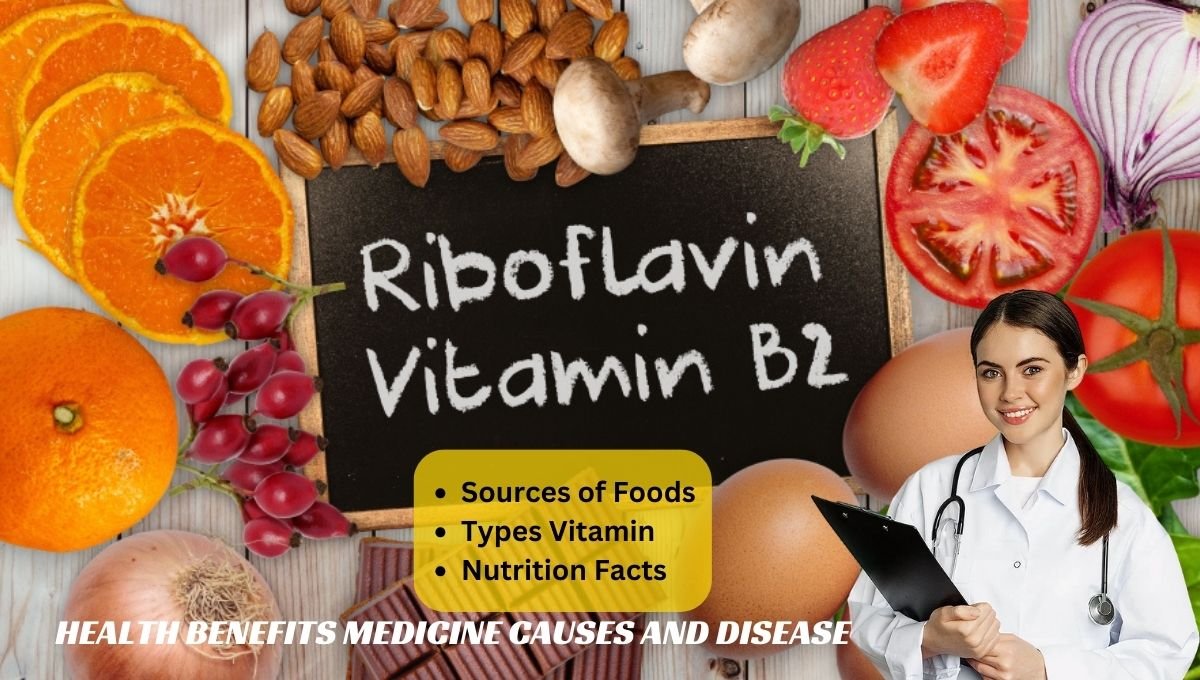Vitamin B2, also known as riboflavin, is a water-soluble vitamin that plays a crucial role in energy production and various metabolic processes within the body. It is essential for overall health and is involved in maintaining healthy skin, eyes, and nerve function.
Types of Vitamin B2:
- Riboflavin: The active form of vitamin B2 that the body can readily use.
Nutrition Facts and Health Benefits:
- Energy Production: Riboflavin is involved in converting carbohydrates, fats, and proteins into energy.
- Antioxidant Activity: Acts as an antioxidant, helping to protect cells from oxidative damage.
- Healthy Skin and Eyes: Supports the maintenance of healthy skin, eyesight, and mucous membranes.
- Nervous System Support: Important for maintaining a healthy nervous system.
- Red Blood Cell Formation: Helps in the production of red blood cells.
Sources of Vitamin B2:
- Dairy Products: Milk, yogurt, cheese.
- Meat: Liver, kidneys, lean meats (beef, lamb, pork).
- Eggs
- Leafy Green Vegetables: Spinach, broccoli.
- Nuts and Seeds: Almonds, sunflower seeds.
- Whole Grains: Fortified cereals, whole wheat bread.
Medicine Causes and Diseases:
- Deficiency Diseases: Riboflavin deficiency can lead to symptoms like cracked lips, sore throat, and skin disorders.
- Medications: Certain medications like tricyclic antidepressants or oral contraceptives may interfere with riboflavin absorption or increase the body’s need for vitamin B2.
Caution for Vitamin B2:
- Excessive Intake: There is no known toxicity associated with high doses of riboflavin from food sources, but excessive supplementation may cause urine discoloration (bright yellow).
- Sensitive to Light: Riboflavin is sensitive to light, so store riboflavin-rich foods properly to retain their nutrient content.
- Interactions: Riboflavin supplements may interact with certain medications, so consult a healthcare provider before taking supplements, especially if you are on medication.
Post Views: 31
